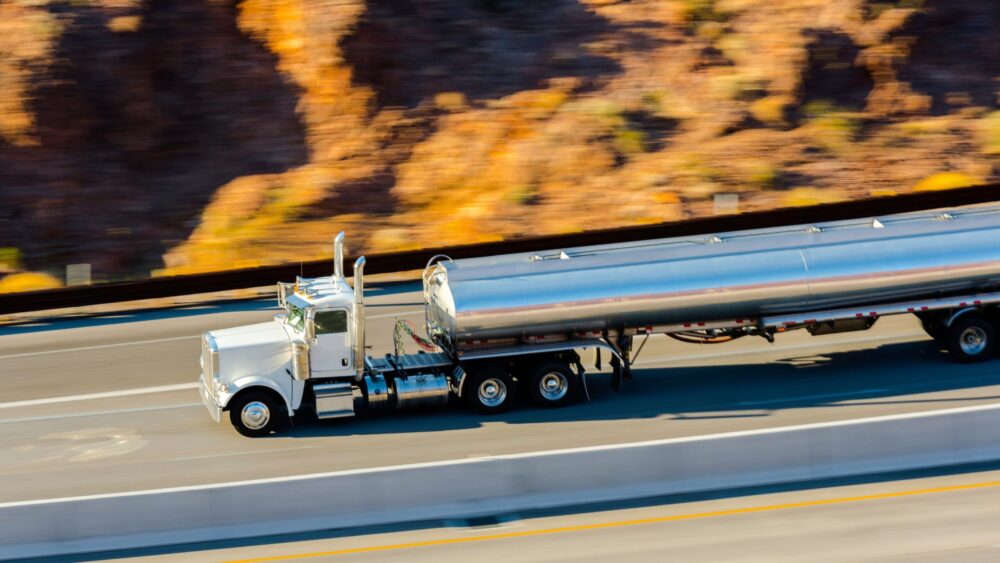Tips for Maximizing Your Fuel Tanker Insurance Coverage

Running a trucking business with fuel tankers comes with its own set of challenges. You’re not just managing a fleet—you’re carrying highly flammable and valuable cargo, navigating strict regulations, and ensuring the safety of your drivers. One small mistake could lead to devastating consequences, both financially and operationally. You’re not alone if you feel the weight of this responsibility every day.
Fuel Tanker Insurance: Tips to Protect Your Assets and Reputation
Imagine this: One of your fuel tankers is involved in an accident. The damage is extensive, not just to the truck but also to the environment due to a fuel spill. The costs are astronomical—repairs, environmental cleanup, and potential lawsuits. Without the right insurance coverage, your business could be facing a financial crisis that’s hard to recover from.
This scenario is more common than you might think, and it’s a harsh reminder of why having comprehensive fuel tanker insurance is crucial. It’s not just about meeting legal requirements; it’s about protecting your business from the risks that could jeopardize its future.
Steps to Maximize Your Fuel Tanker Insurance Coverage
So, how do you achieve this level of protection? Here’s a step-by-step guide:
Assess Your Current Coverage: Start by reviewing your existing fuel tanker insurance policy. Does it cover all potential risks, including environmental damages and legal liabilities? If not, it’s time to look for additional coverage options.
Understand Your Risk Profile: Every trucking business is different. Your risk profile depends on various factors, including the routes you take, the amount of fuel you transport, and your drivers’ safety records. Understanding these risks helps you choose the right coverage.
Consider Hazmat Insurance: If you’re transporting hazardous materials, hazmat insurance is a must. This specialized coverage ensures that your business is protected from the unique risks associated with hazardous cargo.
Stay Compliant to Keep Costs Down: Compliance with DOT regulations is critical. Not only does it keep your business on the right side of the law, but it can also impact your insurance rates. Keeping your safety record clean and staying updated on regulations can lead to better insurance terms and lower costs.
Explore Comprehensive Coverage Options: Don’t just settle for the basics. Look for insurance that covers environmental damage, cargo spills, and even loss of income if your truck is out of commission. Comprehensive coverage might seem like an added expense, but it’s a valuable investment in your business’s future.
Get Multiple Quotes: It’s essential to compare options. Reach out to our team and get a truck insurance quote. Comparing quotes allows you to see which provider offers the best coverage at the most competitive rate and our agents have the ability to shop you with over 30 carriers.
Partner with Top-Rated Companies: Choose your insurance provider wisely. Consider working with one of the top 10 commercial truck insurance companies. These providers often offer specialized coverage options and have the experience to tailor policies to your needs.
Frequently Asked Questions About Fuel Tanker Insurance
What does fuel tanker insurance typically cover?
Fuel tanker insurance covers a range of risks, including physical damage to your truck, environmental cleanup costs, legal liabilities, and more. It’s essential to understand the specifics of your policy and ensure it covers all potential risks your business faces.
How much does a semi truck cost, and how does this affect my insurance?
The cost of a semi truck can vary widely depending on the make, model, and features. This cost will directly impact your insurance premiums. Higher-value trucks generally require higher coverage limits, leading to higher premiums.
What is severity weighting, and why does it matter?
Severity weighting is a scoring system used by the Department of Transportation (DOT) to assess the seriousness of violations found during inspections or after accidents. Each violation is assigned a weight based on its severity, which can impact your Compliance, Safety, Accountability (CSA) score. A higher CSA score can lead to increased insurance premiums because it indicates higher risk. Keeping your severity weighting low by staying compliant with regulations is crucial for maintaining affordable insurance rates.
Do I need hazmat insurance for my fuel tankers?
If you’re transporting hazardous materials, hazmat insurance is essential. It covers the unique risks associated with transporting dangerous goods, including spills, contamination, and regulatory fines.
Is Your Business Fully Protected?
Your trucking business is more than just a fleet of trucks; it’s the lifeblood of your livelihood. Are you confident that your fuel tanker insurance coverage is comprehensive enough to protect your business from the risks you face daily? If you’re unsure, it might be time to reevaluate your coverage and ensure you’re not leaving anything to chance.
At InsuranceHub, we understand the unique challenges you face, and we’re here to help you navigate them. Don’t wait for a crisis to realize your coverage isn’t enough. Reach out to us today for personalized guidance on maximizing your fuel tanker insurance coverage and keeping your business safe and compliant.
Contact us now to get started—your peace of mind is just a conversation away.







